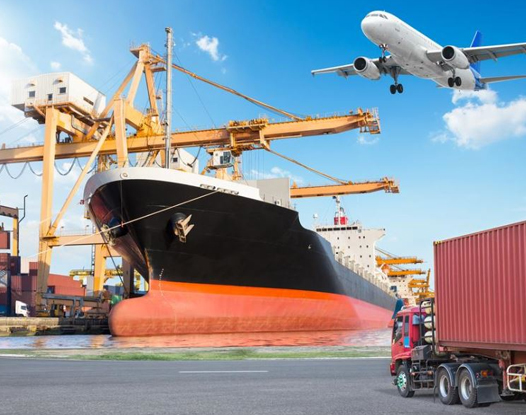Indonesia, a sprawling archipelago with over 17,000 islands, presents both opportunities and challenges for the logistics and cargo industry. The demand for efficient cargo services has grown exponentially as the country continues to thrive as a hub for regional and global trade. Cargo expedition companies in Indonesia play a pivotal role in bridging the logistical gaps between its islands, connecting businesses and consumers across vast distances. These services encompass a broad range of transportation modes, including air, sea, and land, offering tailored solutions to meet the diverse needs of industries. As Indonesia’s economy expands, the cargo expedition sector has become a vital component of its growth, enabling seamless movement of goods and fostering regional connectivity.
The geographical diversity of Indonesia makes it a unique logistics landscape. Islands like Java and Sumatra serve as industrial and economic centers, while others such as Bali and Sulawesi are more tourism-driven. Cargo companies are tasked with ensuring the timely delivery of goods to even the most remote areas, overcoming hurdles like underdeveloped infrastructure and unpredictable weather. Many logistics providers in Indonesia employ innovative strategies, such as integrating technology into their operations, to track shipments and optimize routes. This digital transformation not only enhances operational efficiency but also builds trust among customers who rely on real-time updates and reliable service.

Sea freight is the backbone of ekspedisi cargo muat, given the country’s vast maritime territory. Ports in major cities like Jakarta, Surabaya, and Makassar act as crucial nodes in the cargo network, facilitating both domestic and international trade. The government’s investments in port infrastructure and initiatives like the “Sea Toll Road” project aim to streamline maritime logistics and reduce costs. For heavier and bulkier shipments, sea freight remains the most cost-effective option. However, challenges such as port congestion and regulatory complexities still persist, requiring cargo companies to adopt adaptive strategies and foster collaborations with local authorities to ensure smoother operations.
In addition to sea freight, air cargo services have gained traction in Indonesia, particularly for time-sensitive shipments. With major international airports like Soekarno-Hatta and Ngurah Rai serving as logistics hubs, air freight provides faster delivery options for industries such as e-commerce, pharmaceuticals, and electronics. The rise of online shopping has significantly boosted demand for efficient cargo services, prompting logistics companies to enhance their air transportation capabilities. Despite its advantages in speed, air freight comes with higher costs, making it more suitable for premium or urgent shipments. By balancing sea, land, and air freight options, cargo expedition companies in Indonesia cater to the diverse demands of businesses while maintaining cost efficiency.
The rapid growth of e-commerce has been a game-changer for the cargo expedition industry in Indonesia. Platforms like Tokopedia, Shopee, and Lazada have revolutionized consumer behavior, leading to an increase in the volume of goods that need to be transported daily. Cargo companies are increasingly integrating with these platforms to offer seamless end-to-end logistics solutions. The emphasis on last-mile delivery, which ensures goods reach customers promptly and in perfect condition, has pushed the industry to adopt innovative solutions such as drone deliveries and automated warehouses. This dynamic relationship between e-commerce and cargo logistics underlines the sector’s adaptability in a rapidly changing marketplace.
In conclusion, cargo expedition in Indonesia is a cornerstone of the nation’s economic development, facilitating trade and connecting regions across its vast archipelago. The sector’s ability to navigate geographical challenges, embrace technological advancements, and adapt to evolving market demands highlights its critical role in shaping the country’s future. As the government continues to invest in infrastructure and as businesses expand, the cargo expedition industry will remain at the forefront of driving Indonesia’s growth. By fostering collaboration and innovation, Indonesia’s logistics sector is set to not only meet domestic needs but also compete on the global stage as a model of efficiency and resilience.



